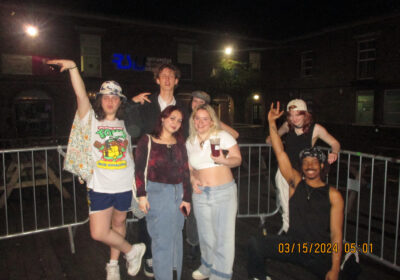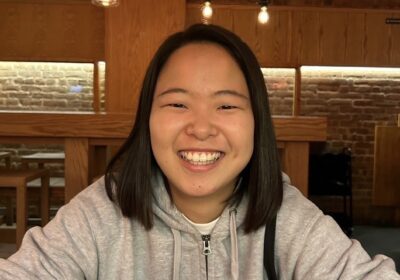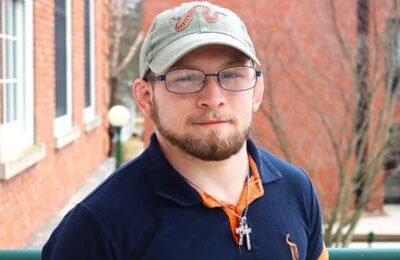Think Globally
On the anniversary of 9/11 it is hard not to reflect on that late summer morning 13 years ago —those horrific events that unfolded before our eyes in New York, Pennsylvania and Washington, D.C. Most of us have a personal story from that day, whether you were 5 (as many of Castleton’s first year students were), or 65.
Fast forward to summer 2014 and what do we see in our world today? We see: a passenger jet blown from the sky over Ukraine killing all 298 people onboard; a pernicious virus that has killed 2,300 civilians in West Africa and is just getting started; Yazidi women and children fleeing from their homes in Mount Sinjar, Iraq, only to be caught and slaughtered; the beheading of two American journalists, whose only crimes were being Americans in the wrong place at the wrong time.
“So what?” one may ask. Why should we care about these things, as despicable as they may be, but happening half way around the world – events that don’t affect us here in the U.S.?
I would argue that these events indeed affect us all and will do so more frequently and directly in the future. In the age of social media and YouTube, graphic videos of the decapitations have entered our homes, begging the question from anyone who saw them: how could these heinous acts happen with total impunity?
Ebola respects no national borders. In this era of rapid transportation, it is naïve to think the virus will not travel farther afield, maybe even to the U.S. The price at the gas pump and our heating bills depend on what unfolds in the Middle East, where stable government still seems improbable in several countries.
“So what can I do?” one may ask. A lot, I would argue. Regardless of whether you select a major that leads to a career working across borders to address global issues, you will be a citizen, a voter, a volunteer and hopefully, a philanthropist. Those roles bear responsibilities for which understanding complex global issues will be important.
While you may not choose to run for public office, you will elect those whom you believe will solve trans-boundary issues and keep the homeland safe. While you may not work for a multi-national company, you will be a player in the global economy as a consumer who decides where your hard-earned income should be spent.
“How can I be ready to do this?” one may ask. You are already on your way, I would say. By attending Castleton you have opened the door to innumerable opportunities to learn about our world through its formal and informal curriculum, and through relationships you develop with the many members of this community who have a wealth of experience with and knowledge of the U.S. and other countries, their cultures
and religions. Moreover, studying and working alongside students and faculty with diverse backgrounds will give you the skills and confidence to engage with members of diverse groups both here in the U.S. and from around the globe.
Recently, you have likely heard buzz about Castleton’s efforts to internationalize. In the coming months and years, you will hopefully see evidence of these efforts through the promotion of study abroad programs, the recruitment of international students and the infusion of inclusive excellence more deeply across the institution. These initiatives and programs are led by a wide representation of talented and enthusiastic individuals on campus who are working in concert to better prepare you as Castleton graduates to make a positive difference in our sometimes confusing, highly complex, and yet still, pretty remarkable world. Stay tuned.
-Deborah Singiser, International Student Services Coordinator






